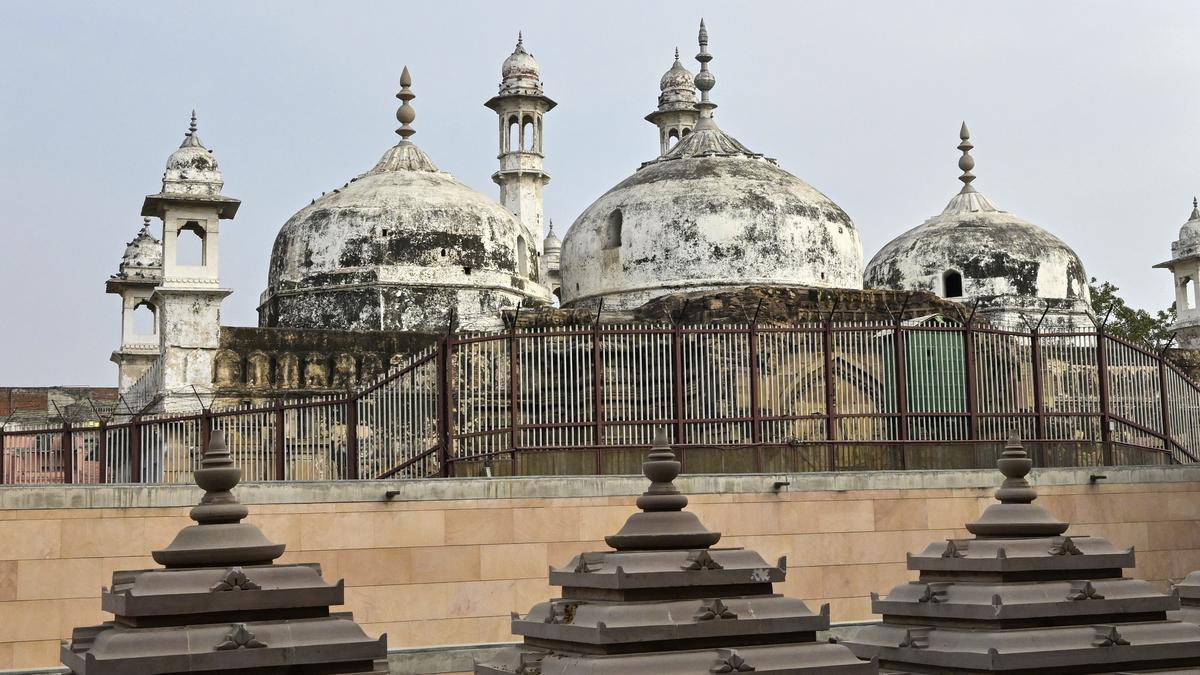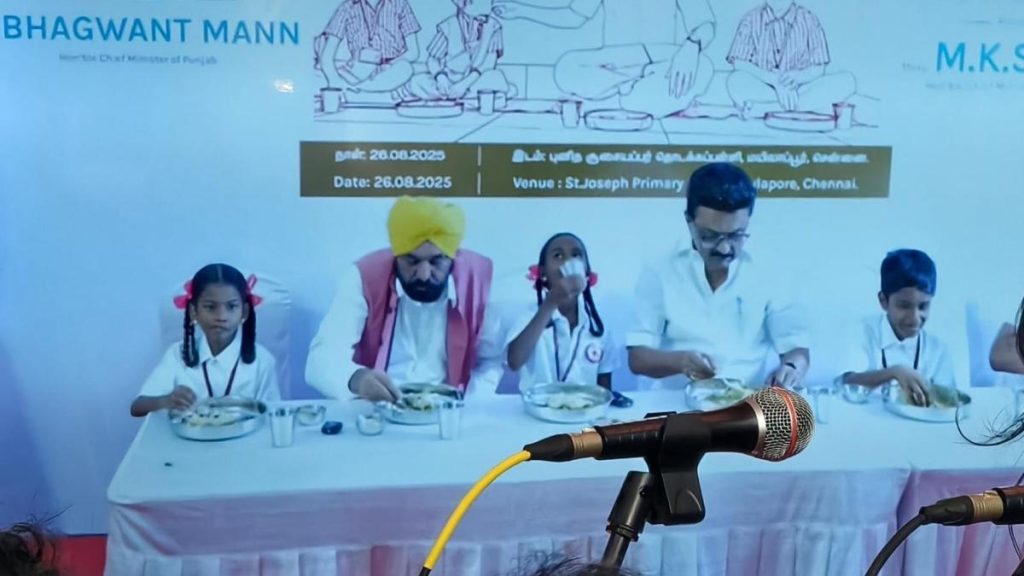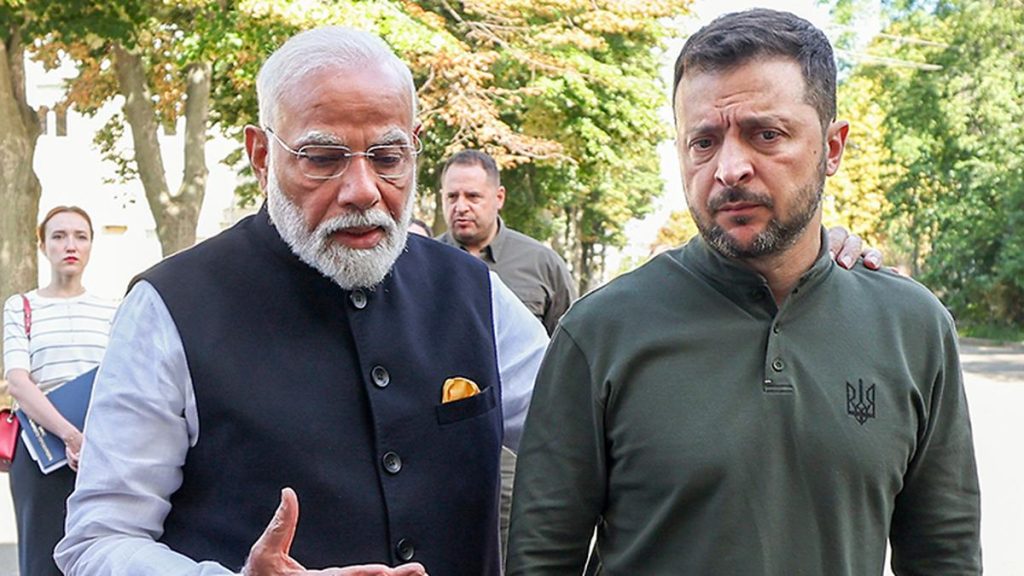Now Reading: Varanasi Court Dismisses Plea to Transfer 1991 Gyanvapi Case
-
01
Varanasi Court Dismisses Plea to Transfer 1991 Gyanvapi Case
Varanasi Court Dismisses Plea to Transfer 1991 Gyanvapi Case

Quick summary
- A district court in Varanasi dismissed a plea to transfer the original 1991 Gyanvapi suit from the civil judge’s court to another court.
- The petitioners, Manikuntala Tiwari, Neelima Mishra, and Renu Pandey-daughters of late Harihar Pandey (an original litigant)-argued they were not being given enough time to present their side.
- Advocate Vijay shankar Rastogi noted that the district judge rejected their submission stating they lacked legal standing as they were not listed as parties in the 1991 case.
- The original 1991 dispute concerns the Gyanvapi mosque complex adjacent to the Kashi Vishwanath Temple.
A view of the Gyanvapi Mosque next to the Kashi Vishwanath temple complex at Varanasi, Uttar Pradesh. File | Photo Credit: R.V. Moorthy
Indian Opinion Analysis
The dismissal of this transfer plea underscores critical procedural aspects of India’s legal system regarding locus standi-the principle requiring petitioners to have direct involvement in a case for valid litigation rights. By rejecting participation based on familial ties rather than direct legal recognition in pending litigation matters, this decision may streamline proceedings without introducing complications from parties outside established frameworks.
Given that disputes surrounding religious sites like Gyanvapi often carry implications beyond judicial boundaries-impacting social cohesion or reflecting broader interpretations of ancient claims-it is vital for courts handling such cases to ensure procedural rigor while maintaining transparency for all stakeholders involved.
Read More: Click Here

























